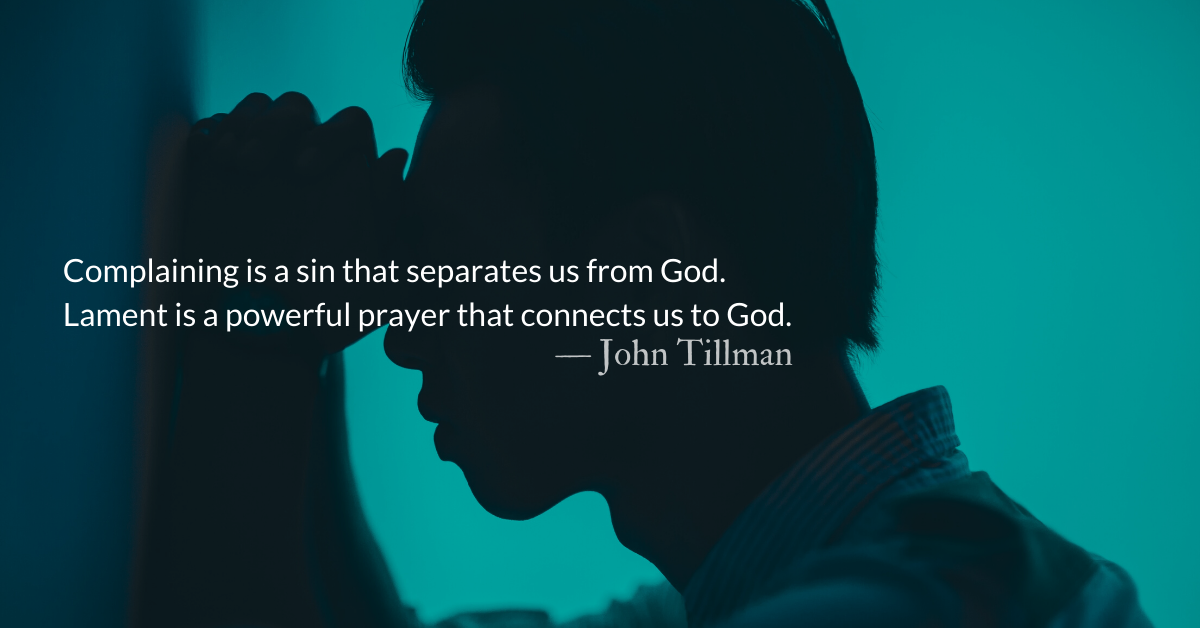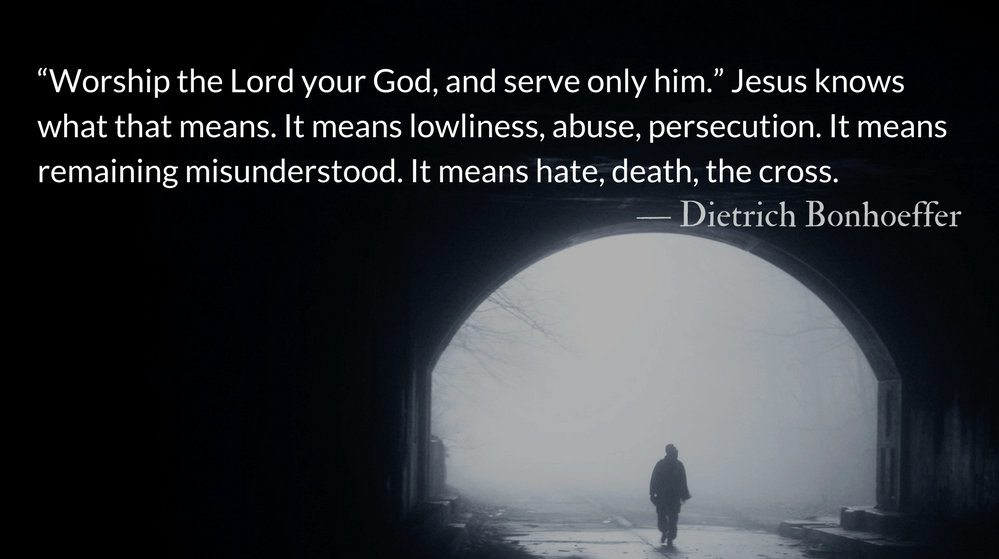Scripture Focus: Job 4.7-9
Think! What innocent person has ever perished?
When have those who do the right thing been destroyed?
As I’ve observed, those who plow sin
and sow trouble will harvest it.
When God breathes deeply, they perish;
by a breath of his nostril they are annihilated.
Reflection: When Help Doesn’t Help
By Jada Swanson
After seven days of silence, Eliphaz speaks to Job. Eliphaz is somewhat gentle and appears to sincerely attempt to bring comfort to his friend, Job. Yet, it doesn’t take long for one to see that his belief about his friend’s plight is that it is due to sin in Job’s life. In verse seven, he states, “Think! What innocent person has ever perished? When have those who do the right thing been destroyed?”
For we all reap what we sow, don’t we?
Unfortunately, this is a common view of pain and suffering, even in the Church today. No doubt, statements have been made such as, “I wonder what she did to bring this upon herself?” or “If you’re living right, you will surely have a blessed life.”
Yet, if this is an accurate assessment, it begs the question, “What had Job done to bring such pain and suffering into his life?” and “Wasn’t he ‘living right’?”
The reality is that God never promises that his children will have a life free of trial, hardship, pain, or suffering. In fact, James 1 tells us to consider it pure joy whenever we face such situations and circumstances, because the hardships one endures brings about perseverance, which is needed to become mature and complete.
Most certainly, “Considering it all joy” does not mean one rejoices in the cruelty, suffering, shame, injustice, or destruction. It does not mean there will be no tears or sense of loss. Rather, amidst these constraining circumstances, one can embrace a sense of confidence and peace.
Although Eliphaz meant well, his response was insensitive to his friend’s plight. It bears considering if Job’s circumstance brought to the surface some of his own concerns and vulnerabilities. Perhaps, he thought he had matters of faith and God figured out. Yet, God does not fit into a neatly packed box of predictability. In fact, we are told his ways are mysterious (Isaiah 55:9).
Everything is not always what it appears on the surface. Most often, there is more to the story, necessary details and nuances that hover just below the surface to which the public is not privy. As such, one needs to be careful in expressing personal opinions about the circumstances another is facing, regardless if this person is a family member, friend, or acquaintance.
May we understand that times of trial and hardship will come into our lives. May we embrace peace amidst suffering. May we listen to understand, not merely to respond. And when we do respond, may it be with sincerity and sensitivity.
Divine Hours Prayer: The Refrain for the Morning Lessons
Protect my life and deliver me; let me not be put to shame, for I have trusted in you.
Let integrity and uprightness preserve me, for my hope has been in you. — Psalm 25.19-20
– From The Divine Hours: Prayers for Autumn and Wintertime by Phyllis Tickle.
Today’s Readings
Job 4 (Listen -2:06)
Romans 8 (Listen -6:22)
Read more from Seeing Beyond Suffering
It is a very high privilege for a Christian to be conformed to Christ. To be conformists to Christ, is to be nonconformists to the world. But what conforms us more to Christ than the cross?
Read more about Suffering and Sin
Jesus taught his disciples that they were wrong about tragedy and wrong about sin. His words don’t at first seem comforting.











